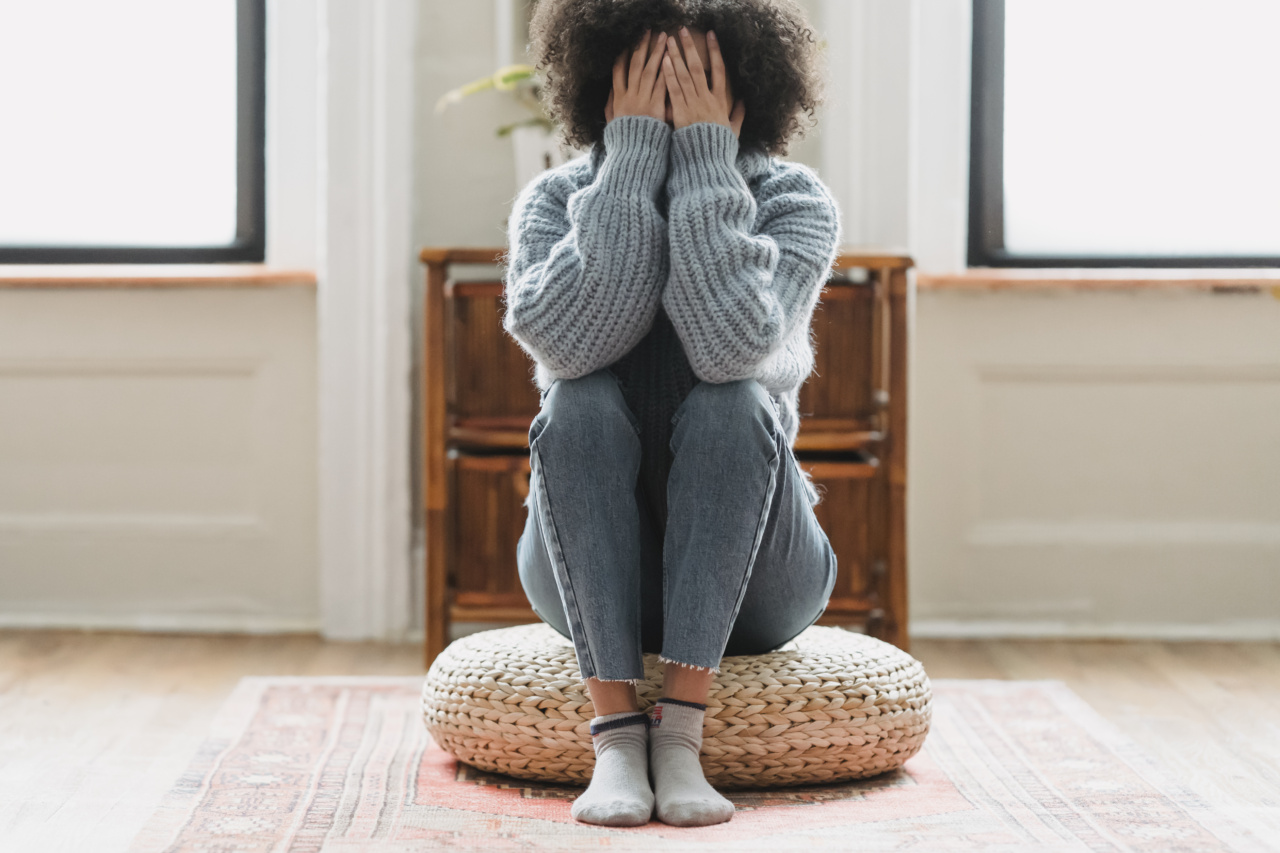Stool frequency is an important indicator of our digestive health, and changes in frequency or bowel movements can indicate underlying health problems.
Constipation is a common issue that can lead to discomfort and even more severe health problems if left untreated. This article discusses the causes of constipation and what you can do to alleviate the problem.
What is constipation?
Constipation is a condition where bowel movements are infrequent or difficult to pass. The normal range for bowel movement frequency is between three times per day and three times per week, with most people passing stool once per day.
With constipation, bowel movements may occur less frequently than three times per week or become increasingly difficult to pass. This can lead to a feeling of discomfort and bloating.
Constipation can be acute or chronic, and it can happen to anyone regardless of age or gender. However, it is more common among older adults and pregnant women.
What causes constipation?
Constipation can have many causes, including:.
- Inadequate fluid intake
- Low fiber diet
- Sedentary lifestyle
- Ignoring the urge to have bowel movements
- Side effects of medication
- Medical conditions such as hypothyroidism or irritable bowel syndrome (IBS)
What can you do to alleviate constipation?
If you are experiencing constipation, there are several things you can do to alleviate the problem:.
1. Increase your fiber intake
Fiber helps keep stool soft and bulky, making it easier to pass. Aim to consume at least 25 grams of fiber per day from sources such as fruits, vegetables, whole grains, and legumes.
2. Drink plenty of fluids
Dehydration can make stool hard and difficult to pass. Aim to drink at least eight cups of water per day, and avoid drinks such as alcohol and caffeine that can dehydrate you.
3. Exercise regularly
Regular physical activity helps stimulate bowel movements and prevent constipation. Aim to exercise for at least 30 minutes per day, most days of the week.
4. Listen to your body
Ignoring the urge to have a bowel movement can make constipation worse. Try to have bowel movements at the same time each day, and don’t put off going if you feel the urge.
5. Consider over-the-counter remedies
If diet and lifestyle changes are not enough to alleviate constipation, there are several over-the-counter remedies available, including laxatives and stool softeners.
However, it is important to speak with a healthcare provider before taking any medication to treat constipation.
When to seek medical attention
While constipation is usually not a serious health problem, there are times when it may be a sign of something more serious. Seek medical attention if:.
- You have been constipated for a week or more
- You experience severe abdominal pain or swelling
- You notice blood in your stool
- You experience unintended weight loss
- You have a history of colorectal cancer or inflammatory bowel disease
Conclusion
Constipation can be a common problem that is often easily alleviated by simple lifestyle changes. However, it is important to be aware of the symptoms and seek medical attention if necessary.
By staying hydrated, eating a diet high in fiber, and exercising regularly, you can help prevent constipation and maintain good digestive health.




























